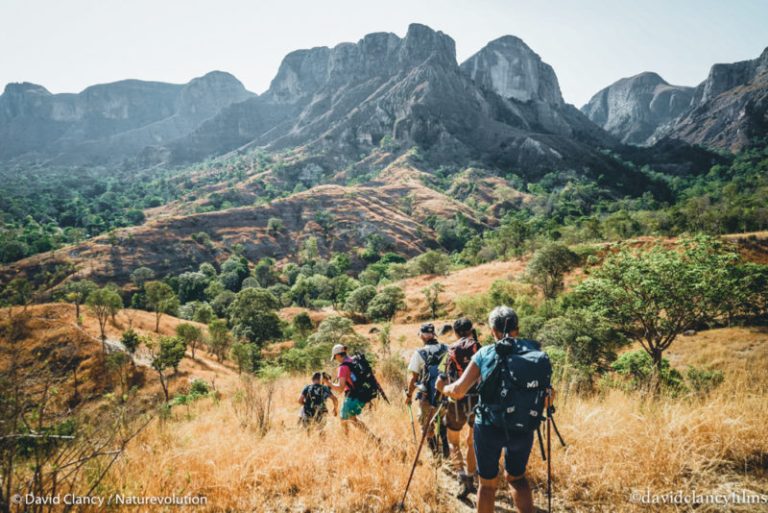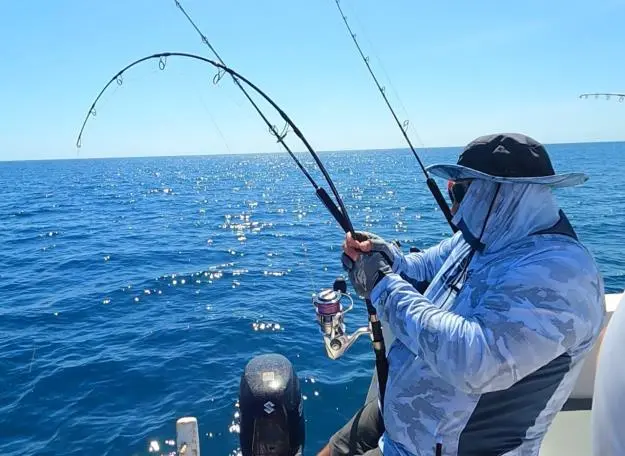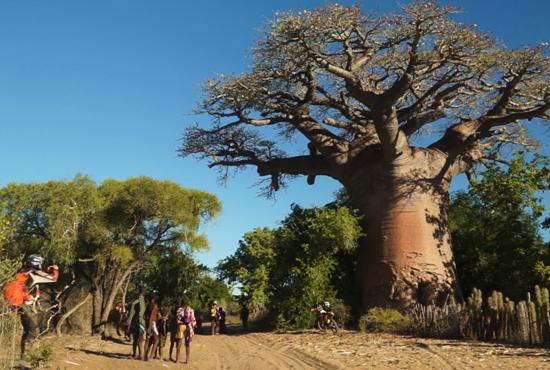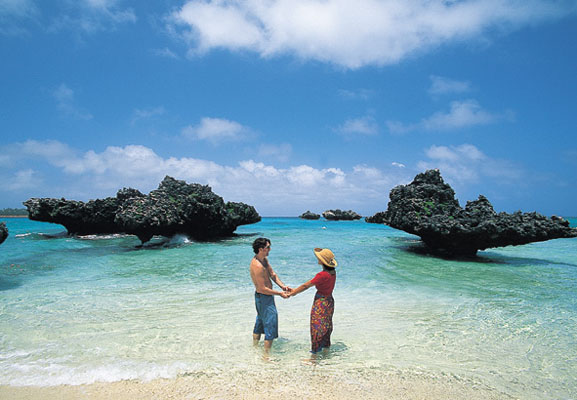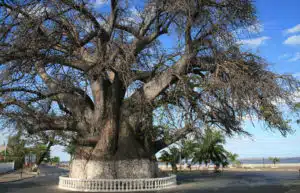Understanding Sustainable Tourism in Madagascar
Definition and Principles of Sustainable Tourism
Sustainable tourism aims to minimize environmental impact while benefiting local communities. In Madagascar, an island unique in biodiversity, this approach is especially relevant. The principles include preserving natural resources, respecting local cultures, and promoting equitable economies. By choosing eco-friendly travel, tourists contribute to the conservation of Madagascar’s ecosystems. Local initiatives often promote using ecological materials, supporting small businesses, and reducing waste.
Why Choose Madagascar for Eco-Responsible Tourism
Madagascar stands out for its exceptional biodiversity, hosting approximately 5% of the world’s species found only on the island. Its tropical forests, pristine beaches, and unique geological formations create an ideal setting for responsible tourism. Opting for Madagascar allows travelers to explore unparalleled natural beauty while supporting conservation efforts. Activities such as observing lemurs in their natural habitat or diving in protected coral reefs offer immersive and eco-friendly experiences. Interactions with local communities enrich the journey, providing insights into Malagasy traditions and lifestyles. This approach fosters authentic cultural exchanges and supports local economic development.
Eco-Responsible Practices to Preserve Madagascar
Using Local and Sustainable Resources
Adopting eco-responsible practices includes utilizing local and sustainable resources. In Madagascar, this means prioritizing artisanal products and renewable materials. Local artisans often use resources like raffia, recycled wood, and natural dyes to create unique souvenirs. By supporting these products, tourists promote a circular economy and reduce the ecological footprint of their travels. Local markets, artisan cooperatives, and workshops are ideal places to discover these treasures while directly contributing to the local economy. This approach also helps preserve traditional crafts, ensuring their transmission to future generations.
Reducing Carbon Footprints While Traveling
Reducing carbon footprints is a key aspect of sustainable tourism. In Madagascar, this can be achieved by choosing eco-friendly transportation and adopting responsible travel practices. Opting for train or bus travel instead of flying significantly reduces CO2 emissions. On-site, walking, cycling, or using electric vehicles to explore the surroundings is an excellent way to minimize impact. Additionally, some agencies offer small-group tours, limiting unnecessary travel and fostering a more intimate experience. These choices contribute to preserving natural landscapes and combating climate change.
Supporting Eco-Responsible Accommodations
Choosing eco-friendly accommodations is another way to support sustainable tourism in Madagascar. Many lodges and hotels on the island are committed to reducing their environmental impact by using renewable energy, recycling waste, and minimizing plastic use. These establishments also prioritize local employment and source food from nearby farms. By staying at eco-responsible accommodations, travelers directly contribute to the region’s sustainable development. They also enjoy authentic experiences by staying in places that respect the environment and local communities, deepening their connection to Malagasy culture and nature.
Local Conservation Initiatives in Madagascar
Community Projects for Biodiversity Protection
Several community initiatives in Madagascar aim to protect the island’s unique biodiversity. These projects include restoring degraded forests, protecting endangered species, and promoting sustainable agricultural practices. Local communities play a central role, collaborating with researchers and NGOs to monitor ecosystems and restore natural habitats. These initiatives also raise awareness about environmental issues and promote eco-friendly economic alternatives. By supporting these projects, travelers contribute to Madagascar’s natural wealth preservation while participating in concrete actions on the ground.
Role of National Parks and Nature Reserves
Madagascar’s national parks and nature reserves are essential for conserving its flora and fauna. These protected areas host an incredible diversity of species, many of which are endemic. Visitors can explore iconic sites like Tsingy de Bemaraha National Park or Ankarana Nature Reserve while respecting conservation rules. Local guides trained to educate tourists about environmental protection offer educational tours highlighting the importance of these protected zones. By visiting these parks, travelers also financially support conservation efforts.
Collaborations with NGOs and Local Associations
Collaborations with NGOs and local associations are crucial for implementing conservation projects in Madagascar. These organizations often partner with communities to develop environmental protection and education programs. They play a key role in training residents in sustainable practices and promoting ecotourism. Travelers can get involved by participating in activities organized by these NGOs, such as reforestation campaigns or awareness workshops. These interactions provide unique perspectives on the island’s environmental challenges and allow visitors to actively contribute to preserving Madagascar’s ecosystems.
Positive Impact of Sustainable Tourism on Malagasy Communities
Job Creation and Local Economic Development
Sustainable tourism in Madagascar generates significant economic opportunities for local communities. By fostering employment in tourism and conservation sectors, it helps improve living conditions. Eco-responsible tourism projects create direct and indirect jobs, from tour guides to local artisans. This economic dynamic also encourages local entrepreneurship, with the opening of small businesses and cooperatives. Inclusive economic development strengthens community resilience to environmental and economic challenges while supporting the preservation of Malagasy culture and traditions.
Preservation of Local Traditions and Cultures
Sustainable tourism highlights and preserves Madagascar’s local traditions and cultures. By encouraging authentic interactions between travelers and residents, it promotes better understanding and respect for Malagasy lifestyles. Cultural experiences, such as attending traditional festivals or participating in artisanal workshops, strengthen the bond between visitors and local communities. This approach also supports the transmission of ancestral knowledge to younger generations, ensuring its continuity. By supporting cultural initiatives, travelers contribute to preserving the island’s intangible heritage, enriching their travel experience.
Education and Awareness for Travelers and Residents
Education and awareness are fundamental aspects of sustainable tourism. Madagascar offers numerous opportunities to learn about the environment and local cultures. Guided tours, educational workshops, and awareness programs are effective ways to promote nature conservation and respect for traditions. By participating in these activities, travelers gain a better understanding of the island’s environmental and social issues. This awareness encourages responsible behaviors among both visitors and residents, contributing to a more sustainable future for Madagascar.
How to Actively Participate in Sustainable Tourism in Madagascar
Tips for Eco-Responsible Travelers
Travelers can adopt various practices to become eco-responsible in Madagascar. Using public transportation, respecting conservation guidelines, and reducing waste are simple but effective actions. Using reusable water bottles and avoiding single-use plastics also helps protect the environment. Additionally, choosing activities that respect local wildlife and nature enhances the positive impact of your trip. By learning about local traditions and customs, travelers can ensure their actions align with Malagasy culture. These practices enrich the travel experience while supporting sustainable development.
Choosing Committed Tour Operators
Opting for committed tour operators is an effective way to support sustainable tourism. Madagascar Trip’s & Pic’s, for instance, offers customized tours emphasizing wildlife exploration, cultural immersion, and environmentally respectful activities. By choosing companies that adhere to sustainability standards, travelers ensure their impact is positive for local communities and ecosystems. These operators often engage in conservation and community development initiatives, reinforcing the positive impact of tourism on the island. This approach guarantees an enriching and environmentally respectful experience.
Contributing to Local Initiatives During Your Stay
Participating in local initiatives is a concrete way to engage in sustainable tourism in Madagascar. Travelers can get involved in conservation projects, such as reforestation or endangered species protection. Supporting artisan cooperatives and local markets is also an excellent way to contribute to the local economy. By joining workshops or educational tours, tourists enhance their experience while supporting efforts to preserve culture and nature. These actions strengthen the bond between visitors and communities, creating a lasting and positive impact for Madagascar’s future.
Conclusion: Toward a Sustainable Future for Tourism in Madagascar
Long-Term Benefits for Nature and Communities
Sustainable tourism in Madagascar offers long-lasting benefits for nature and local communities. By adopting responsible practices, travelers help preserve the island’s unique ecosystems and contribute to residents’ economic development. Benefits include biodiversity protection, valuing local cultures, and creating economic opportunities. These combined efforts strengthen community resilience to environmental and social challenges. By supporting sustainable tourism, visitors contribute to a future where Madagascar’s nature and culture are respected and preserved for generations to come.
Invitation to Adopt Eco-Responsible Travel Practices
Madagascar invites travelers to discover its natural and cultural wonders respectfully and responsibly. By choosing eco-responsible travel practices, everyone can help protect this unique environment. Madagascar Trip’s & Pic’s offers tailor-made experiences that respect nature and local communities, such as wildlife explorations, cultural immersions, and adventure activities. These personalized offers allow nature lovers, adventurers, cultural explorers, and photography enthusiasts to enjoy enriching experiences while supporting sustainable tourism. Join us to explore Madagascar responsibly and inspiringly.

